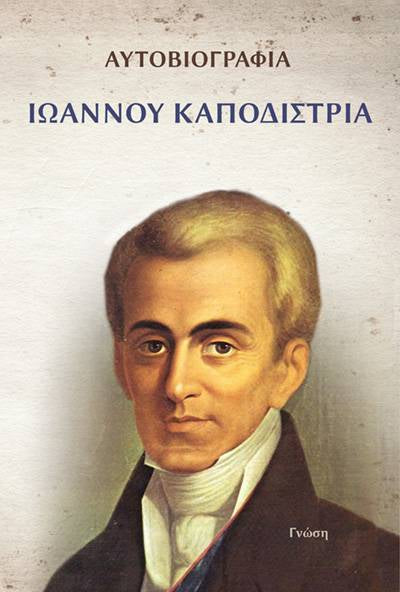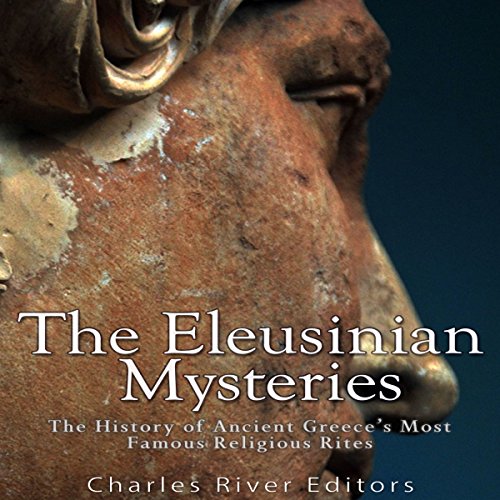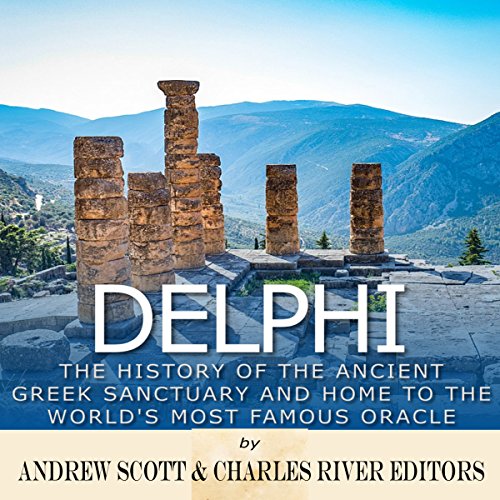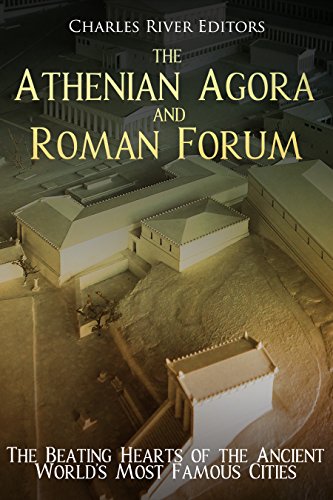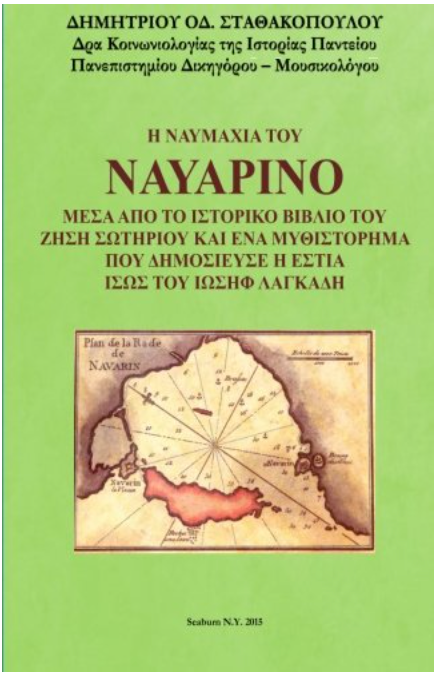Atlantis: The History and Legacy of the Ancient World's Fabled Lost Island and Modern Searches for It
ISBN: 9781548894092
*Includes pictures
*Includes ancient accounts describing Atlantis and the search for it
*Includes online resources and a bibliography for further reading
“And the island of Atalantes, which was greater than Africa and Asia, as Plato says in the Timaeus, in one day and night was overwhelmed beneath the sea in consequence of an extraordinary earthquake and inundation and suddenly disappeared, becoming sea, not indeed navigable, but full of gulfs and eddies.” – The 1st century CE philosopher Philo”
The story of Atlantis has captured the minds and hearts of historians, scientists, artists, and writers for millennia, and yet, it never ceases to amaze people when told that the only literary evidence that exists comes from a single 4th century BCE author. The Athenian philosopher Plato, famous for his dialogues in which the Socratic Method was invented, was the first writer to mention the mysterious continent of Atlantis. In his works Timaeus and Critias, Plato outlines the beginning of the story of Atlantis, but the Critias, where the longer and more detailed account takes place, was never finished and, therefore, has become the mysterious germ for millennia of thought.
Put simply, what Plato wrote of Atlantis has all the elements of a great Hollywood narrative, combined with the precision of a mapmaker. According to the story, the god of the sea Poseidon was allotted the island of Atlantis (larger than Libya and Asia, according to Plato), somewhere in the Pillars of Heracles. (This could be as far from Greece as Gibraltar). Poseidon's 10 sons, who were princes, ruled the beautiful island, which was fertile and rich in resources, providing everything a paradise needed. Still, Atlantis was not solely an uncultivated Garden of Eden. Fortifications, roads, palaces and constructions made this island a rich and well-constructed city.
*Includes ancient accounts describing Atlantis and the search for it
*Includes online resources and a bibliography for further reading
“And the island of Atalantes, which was greater than Africa and Asia, as Plato says in the Timaeus, in one day and night was overwhelmed beneath the sea in consequence of an extraordinary earthquake and inundation and suddenly disappeared, becoming sea, not indeed navigable, but full of gulfs and eddies.” – The 1st century CE philosopher Philo”
The story of Atlantis has captured the minds and hearts of historians, scientists, artists, and writers for millennia, and yet, it never ceases to amaze people when told that the only literary evidence that exists comes from a single 4th century BCE author. The Athenian philosopher Plato, famous for his dialogues in which the Socratic Method was invented, was the first writer to mention the mysterious continent of Atlantis. In his works Timaeus and Critias, Plato outlines the beginning of the story of Atlantis, but the Critias, where the longer and more detailed account takes place, was never finished and, therefore, has become the mysterious germ for millennia of thought.
Put simply, what Plato wrote of Atlantis has all the elements of a great Hollywood narrative, combined with the precision of a mapmaker. According to the story, the god of the sea Poseidon was allotted the island of Atlantis (larger than Libya and Asia, according to Plato), somewhere in the Pillars of Heracles. (This could be as far from Greece as Gibraltar). Poseidon's 10 sons, who were princes, ruled the beautiful island, which was fertile and rich in resources, providing everything a paradise needed. Still, Atlantis was not solely an uncultivated Garden of Eden. Fortifications, roads, palaces and constructions made this island a rich and well-constructed city.









